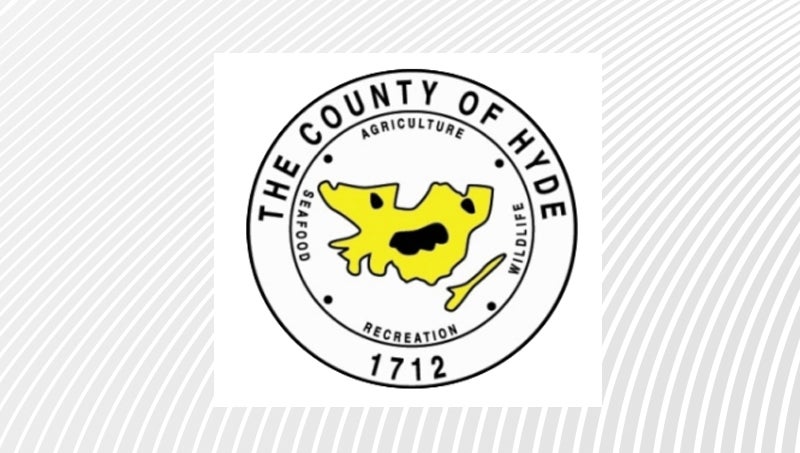Egg farm operating without permit
Published 7:17 pm Thursday, March 3, 2016
HYDE COUNTY — Rose Acre Farms, a large egg-production facility located in Hyde County, has been notified by the state that they are now operating without a required permit.
Rose Acre Farms, in response, has filed a petition with the state court, claiming the N.C. Department of Environmental Quality has “unlawfully and arbitrarily and capriciously denied” Rose Acre Farms’ application for a permit.
The notice of violation and petition represents the latest action in a dispute between DEQ’s Division of Water Resources and the Indiana-based company that is the second-largest egg producer in the U.S., with 17 facilities in six states. The Hyde County farm houses three million hens.
The dispute involves the type of permit under which Rose Acre operates; the options, a non-discharge permit, for an operation that does not potentially discharge nutrient pollution into state waterways; or a National Pollutant Discharge Elimination System (NPDES) permit required by the federal Clean Water Act for those that do.
Rose Acre had been operating under a 2004 NPDES permit. In 2009, the company applied for another NPDES permit, which was granted by the state, but this one included requirements to reduce airborne ammonia emission — from feathers and dust blown from the hen houses onto surrounding soil and into a retention pond, according to Heather Jacobs Deck, Pamlico-Tar riverkeeper.
As part of the Pamlico-Tar River Foundation, now Sound Rivers, Deck and other representatives became involved when DEQ discovered high levels of ammonia and other pollutants in the farm’s nearby waterways — it’s likely source, the canal into which the facility’s runoff and retention pond drains, Deck said.
“We had made comments on that permit saying the state needed to strengthen the permit,” Deck said. “At the time, basically, Rose Acre had agreed they should have to operate under (the NPDES) permit.”
However, Rose Acre challenged the state’s requirement that it operate under an NPDES permit, stating that the company, as a “dry facility,” does not discharge into waterways and requirements to reduce air emissions have no place in the scope of the Clean Water Act at all. Rose Acre has questioned whether stormwater runoff carrying feathers, farm dust and bedding into local waterways is subject to the Clean Water Act.
“If you are discharging a pollutant into a waterway, you have to have a permit,” Deck said. “Ammonia is a form of nitrogen … nitrogen in excess is another form of pollution that can cause problems in waterways, especially estuarine water systems.”
Rose Acre farms has continued to apply for non-discharge permits with DWR in the years the case has bounced from state to federal court and back again, but DEQ has continually denied those applications. The company’s original NPDES permit has now expired.
“There’s a notice of violation that out there,” Deck said. “From what I understand from DWR right now, they’re currently operating without a permit.”
Phone calls to Rose Acre Farms’ corporate office were not returned.




